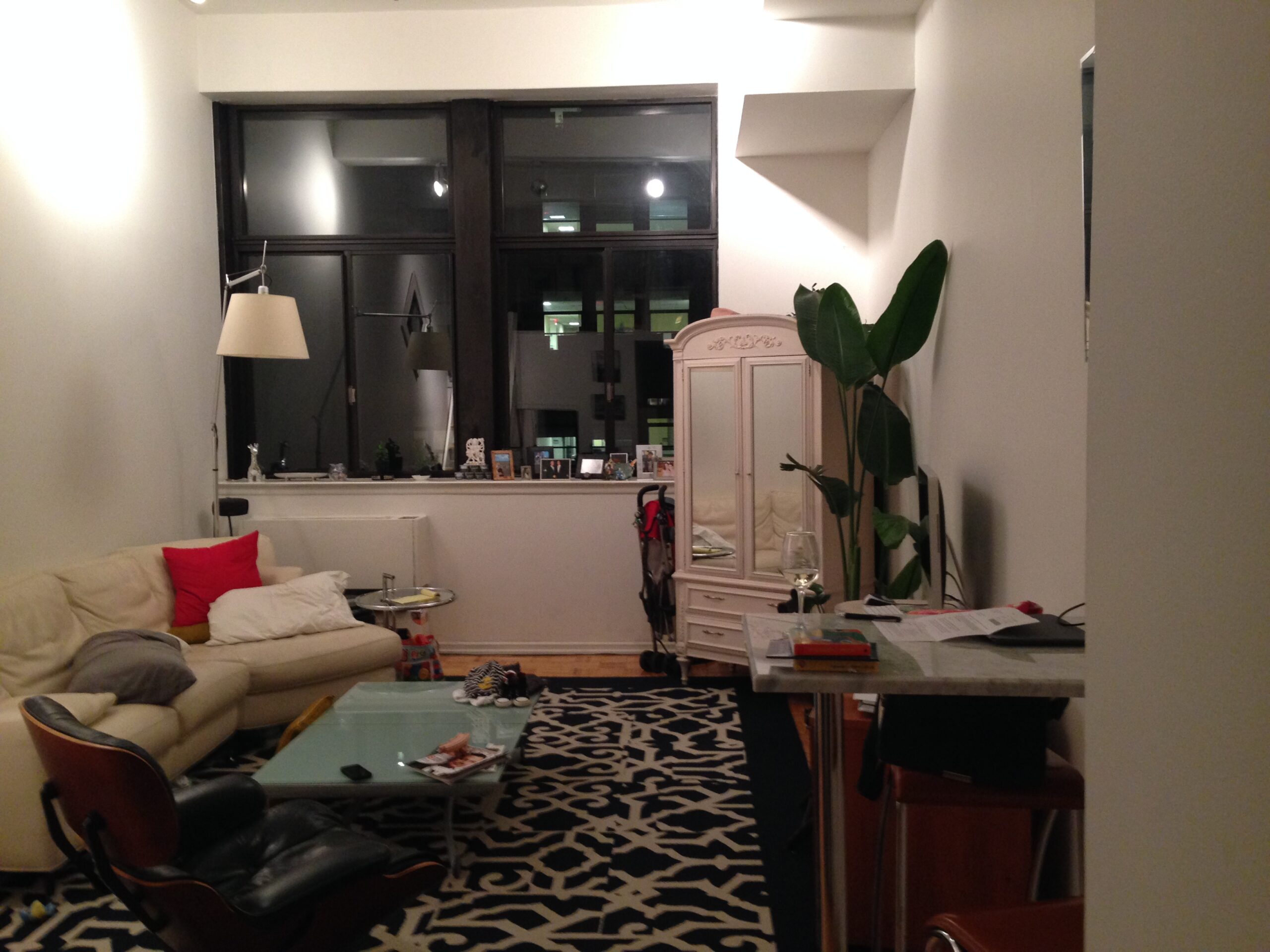Did you know that one in four millionaires have made their fortune in real estate?
This happens because real estate has a couple of outrageous advantages: leverage, and taxes.
Ahhh, leverage, one of the incredible workhorses of finance. Leveraging allows you to buy something while only putting a small amount of money down, and borrowing the rest. Borrowing money from the bank to buy a house is one of the most common types of leverage.
Leverage, in general, can be very risky. It gives you more upside potential, as well as the possibility of more downside potential. An example: borrowing $300,000 from the bank to start a business is a leveraged position. I don’t know about you, but borrowing $300,000 to start a business makes me fearful even if I feel like it’s a good idea. The idea that I could lose everything makes it too scary for me to even try. However, with housing, if the market goes south, I know I can use the house to live in and wait for it to bounce back. Because of this erosion of “the fear factor,” more people are comfortable using leverage to buy a house than to start a business.
What’s so cool about this? It is a great opportunity to build your fortune, using the perks of a leveraged position, if you are willing to think of your home as an investment. I have a mini checklist to see if thinking of your home as an investment would pay off for you.
Are you willing to buy something you don’t love? (To achieve your long-term goal)
That’s it. The rest can be taught. But, don’t underestimate the emotional pull! You have to be willing to pull the trigger to capture the opportunity. For me, I know that if I make three successful real estate investments, I will never need to work for money again. This knowledge is the only thing that makes me able to sell the apartment that I love so much.
The second reason real estate makes so many millionaires is taxes. Don’t let your eyeballs glaze over. I’m going to keep this simple. Real estate has a plethora of tax advantages, but, there is one that is impossible to beat. If you live in your home, and it qualified as your primary residence for two out of the last five years, when you sell it you can keep up to $250,000 of the profit tax-free. If you’re married, and both of you have lived in the house for two of the last five years, you get to keep $500,000 of the profit tax free! That’s an insanely good deal. If your combined tax rate is 30%, that’s like a $75,000 gift from the IRS! WTF? That’s more than most people earn in a year.
Knowing these two fun facts, me and my Honey Bunny decided to buy our first apartment as an investment. I’m going to share my story because there are so many little pieces to the puzzle. Also, because you have a leveraged position, you really need to get most of them right to generate a return that’s worth the effort.
(Remember: Leveraging allows for more upside, but it also allows for more downside. Think 2008; people had been buying houses, with mortgages, at inflated prices. So when the market dropped they actually owed more than the house was currently worth. This is the downside of leverage.)
The price you pay is the most important factor!
Which brings me to the first piece of the puzzle. The price you pay is the most important factor in determining your return. Translation: the price you pay influences everything else. This is where it’s surprisingly easy to go wrong, because of the myth "houses always go up in value." “So, how do you know if you are paying a price that will make you or break you? There are three tricks to tease out the truth.
Trick #1 How much does it cost to rent vs. how much does it cost to buy?
When you find something that you think has potential, try to find out how much it would cost to rent. I’m going to showcase an example in NYC’s current real estate market. There is a three-bedroom apartment on our block for sale for two million dollars. It rents for $6,500. Do you see the problem? The mortgage on a two million dollar apartment would be $10,000. (And that doesn’t even include the monthly maintenance!) It’s more than a third cheaper to rent than it is to buy. This is a concrete sign that the market is high. Inflated even. And, if you are thinking like an investor, you never want to buy high.
When we bought our place it rented for $2,600 a month, and our mortgage and maintenance were $2,767 a month. With the tax deductions, it came out to about even. $2,600 to $2,600. This is more of what you’re looking for. But that in itself doesn’t mean you have a great deal. How did I know we had a great deal before we bought it?
Trick #2 Check out the historical purchase prices of your apartment
I looked at the historical purchase price. In 2006, our apartment sold for $490,000. We bought it in 2011 for $370,000. What this information told me was that I was buying on the low end of the trading range. So, although everything can always go down, I was somewhere near the bottom, not the top.
That’s a big thing to take in. To be successful you don’t have to buy at rock bottom and sell at the peak. There are too many unknowns, and it’s impossible to time everything perfectly. All you have to do is find something that is in the low part of the trading range, and steer away from something that looks high. You do this by looking at the historical prices. After all, how do we know that something, anything, is expensive? By comparison. Stop and take that in. The only way we know if something is expensive is by comparison!
The mistake people make in real estate is to compare current house prices to other houses. This will lead you to the fair market value of the property, but it will not tell you if you are buying high or low. That’s the million-dollar question.
Trick #3 Look for a diamond in the rough

Lastly, our love nest was beat up. I was not doing back flips of love when we bought it. It looked liked the banged-up, one room apartment that it was. But, again, this is where the potential lies. Because it was in a great building, in an excellent part of town, we knew if it was renovated it would sell for more. It’s the combination of the three factors mentioned above that led us to buy.
So we bought it. I kept my eye on the market, and when prices started to rise I decided it was time to start making the improvements. But, like many couples starting out, my entire life savings went to our wedding and the down payment for the apartment. There wasn’t a penny left for renovations.
Keep your eye on the price
So, I added more leverage and I took out $20,000 on an interest-free credit card, and we saved up $10,000 in cash. (Please do not do this unless you can calculate the risks!) Now, to me this seems like a lot of loot, and I thought I should be able to recreate the vibe at the Plaza for that much money. Especially since the place is only 616 square feet. But, nope. In Manhattan, we were quoted that to renovate the bathroom; keeping the tub, it would cost $25,000. Crazy, right?
I wasn’t even going to high-dollar places. The lovely peeps at Home Depot literally laughed at my proposed kitchen budget of $10,000. (Guys, my kitchen it 3 feet by 8 feet!) They said it would cost between $30K and $60K. I knew they weren’t pulling my sleeve because my aunt across town just finished her teacup-sized kitchen to the tune of $60,000.
Why am I telling you all this? Well, it’s pretty common knowledge that if you upgrade the bathroom and the kitchen you can raise the price of your house. However, if you follow that advice without keeping your eye on the cost you could eliminate your return. In the end I did the kitchen for $9,976! We put new oak floors throughout the house for $10,000. The bathroom cost $7,237 and it cost us a little over $2,000 to stage the house. This last bit might seem like a waste of money, and it was hard for me to spend, but fresh linens and fluffy throw pillows do wonders for a home. It just gives it that feeling of newness.
(There were about 100 hours of labor in making this happen. I love decorating, so it was fun for me, but if it’s not your thing, that is good to know before you buy!)
For sale by owner? Only if you know how to price it correctly.
Now it was time to sell. Selling your apartment can be a very costly affair, but the biggest expense of all is the broker fee. The broker fee is 6% of the purchase price … $38,820 to be exact. After working for past year on the renovations, it was hard to let that much loot go, so I decided to try to sell it myself.
The only reason I thought I had a shot at this is because I used to rent apartments in NYC. It was a seller’s market. Translation: inventory was low, and interest rates were low, and I felt confident that I could price it correctly.
One of the biggest advantages a real estate broker can give you is to price your apartment correctly. This is very hard to do, not because people aren’t good at math, but because of the emotional influence. What we own, we naturally value more. It’s easy to unconsciously add an “I love it” tax that buyers aren’t willing to pay.
And what was the final result? Today. Literally today the sale was approved. We sold the apartment for $647,257. After expenses the net profit: $237,267. This is like a 27% compound rate of return for 4 years in a row. Boo ya!
To put that in perspective, what I made on the house is more than my after-tax income for the last 5 years! If you want freedom as much as I do, your house might be the ticket to get you there.
Turn my house into an investment recap checklist
Are you willing to buy something you don’t love?
Are you willing to sell something you do love?
The price you pay is the most important factor in determining your future return. It’s essential you buy when the market is “low.” You can check this by comparing rent vs. buy monthly costs. Seeing that it’s “cheaper to rent” than buy is a sign that the market is high.
Look at the purchase history of the apartment. Ideally, you want it to be LOWER than previous sales. And if it’s incredibly higher than recent sales, hold onto your money and wait.
You can get an extra advantage if you buy a fixer upper. In NYC, because of the costs involved in buying and selling, I feel like this is essential.
When selling your apartment, pricing it correctly is the most important factor. If you don’t know how to do this, hire a broker.
Happy investing!
